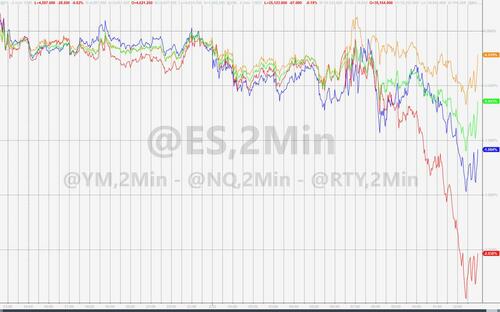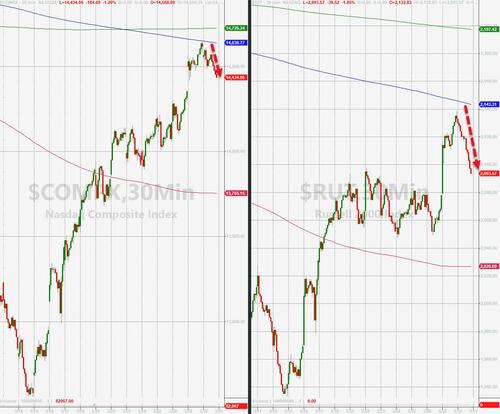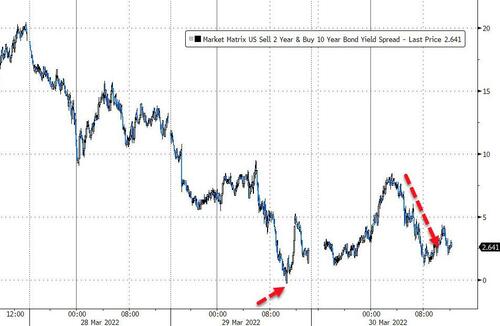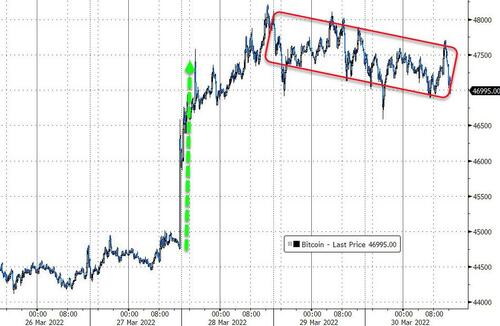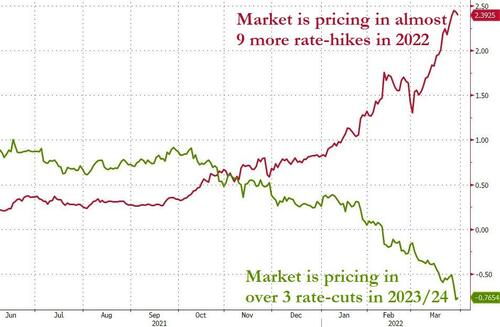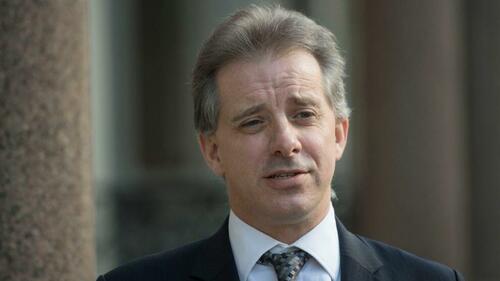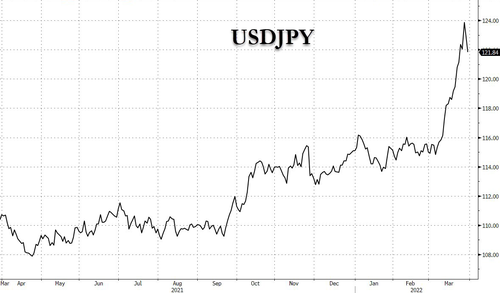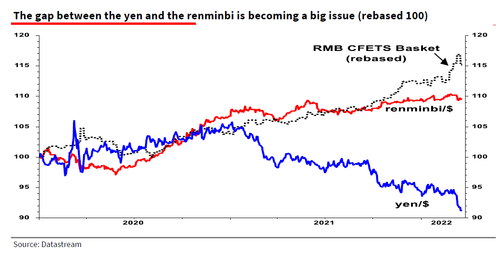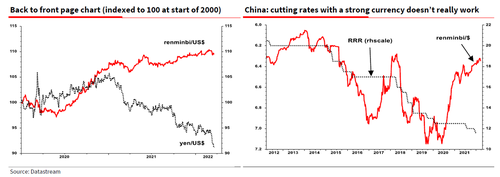Washington recently has seen a spike in armed robberies of marijuana retailers, including three incidents with lethal outcomes in one week this month. State-licensed dispensaries are ripe targets for robbers because financial institutions remain leery of the federally prohibited cannabis industry, which forces many merchants to rely heavily on cash. The House of Representatives has voted for legislation aimed at addressing that problem six times, but it has gone nowhere in the Senate. Recent efforts were stymied by Senate Majority Leader Chuck Schumer (D–N.Y.), who claims to support marijuana reform but thinks his own, broader legislation should take priority.
That position is politically and practically untenable, because a repeal of the federal ban on marijuana, while certainly long overdue, is unlikely to win Senate approval anytime soon. By contrast, the Secure and Fair Enforcement (SAFE) Banking Act, which would protect financial institutions that serve state-licensed marijuana businesses from federal prosecution, forfeiture, and regulatory penalties, would already be law but for Schumer’s opposition. His obstruction nevertheless was backed by the Drug Policy Alliance (DPA), which likewise worries that approving marijuana banking reform will relieve pressure for more fundamental change. This is a casebook example of letting the perfect be the enemy of the good.
The SAFE Banking Act, which was reintroduced by Rep. Ed Perlmutter (D–Colo.) last March, attracted 180 cosponsors in the House, including 26 Republicans. It passed the House in April by a vote of 321 to 101, with support from 106 Republicans. In September, the House approved Perlmutter’s amendment adding the SAFE Banking Act to the must-pass National Defense Authorization Act (NDAA) for fiscal year 2022.
Schumer made sure that Perlmutter’s bill was not included in the final version of the NDAA, which President Joe Biden signed into law in late December. The DPA cheered Schumer on, saying it was essential to “keep the SAFE Banking Act OUT of this omnibus bill,” because enacting the legislation would amount to “prioritiz[ing] marijuana profits over people.” The bizarre implication was that marijuana merchants, who face an ongoing danger aggravated by the failure to approve banking reform, do not qualify as “people.”
On March 19, Jordan Brown, a 29-year-old employee, was shot and killed during an armed robbery at World of Weed, a dispensary in Tacoma. Brown was a person. So is the employee who was taken hostage during a March 17 armed robbery at Euphorium Marijuana Shop in Covington, a Seattle suburb. In that case, a security guard shot and killed the robber. A third robbery, at the Factoria pot shop in Bellevue on March 16, was followed by a shootout in which police killed one suspect.
The Washington State Liquor and Cannabis Board (LCB) reports that the state has seen more than 50 robberies of marijuana businesses so far this year. “The situation has gotten so severe,” Ian Eisenberg, co-owner of five Uncle Ike’s marijuana stores in the Puget Sound area, told KING, the NBC affiliate in Seattle. “We’re forced now to protect our employees and customers, to have armed security. The shops right now that don’t want to spend the money on armed security, they’re still getting robbed….Now that people have been shot and killed, it’s gotten even worse. We’re taking it even more seriously. This is the thing that keeps me awake at night worrying about it, and that’s why we’ve invested a lot of money for our staff.”
The spate of robberies prompted Washington officials to renew their appeal for banking reform. “This issue has been brought to the forefront of the public’s attention in recent weeks because of the horrific natures of [the] robberies that have occurred,” Washington State Treasurer Mike Pellicciotti said yesterday at a forum sponsored by the LCB. “But it’s just a reminder that every robbery that occurs is a traumatic situation for those who are involved in it.”
The root of the problem, Pellicciotti said, is that “the cannabis businesses and retailers in our state and around the country are unable to bank and have to rely on cash.” He added that “a decade of congressional dithering is enough,” and “we are at a point where Congress needs to pass the SAFE Banking Act.”
Perlmutter expressed similar frustration after Schumer blocked the SAFE Banking Act in December. “People are still getting killed and businesses are still getting robbed because of a lack of action from the Senate,” Perlmutter said in a press release. “The SAFE Banking Act has been sitting in the Senate for three years and with every passing day their unwillingness to deal with the issue endangers and harms businesses, their employees, and communities across the country.”
Rep. Adam Smith (D–Wash.), chairman of the House Armed Services Committee, agreed that “it’s incredibly dangerous” to leave the banking issue unresolved. “I don’t really quite know what the hell [Schumer’s] problem is,” said Rep. Jim McGovern (D–Mass.), chairman of the House Rules Committee. “But what he’s doing is he’s making it very difficult for a lot of small businesses…to move forward and to expand and to hire more people.”
Last week, Curaleaf CEO Joe Bayern told The Hill “there is certainly momentum building around trying to get something done this year in the Senate.” Among both Democrats and Republicans, he said, “we’re seeing consensus for [the SAFE Banking Act] as being the piece of legislation that could pass.”
But not if Schumer and other Senate leaders keep insisting on the whole pie instead of accepting the slice they could have now. “We want comprehensive reform,” Jared Maloof, CEO of Standard Wellness, a medical marijuana business in Ohio, told The Hill, “but we also recognize that with the potential for the House and Senate to change hands, we have an opportunity now to pass impactful legislation, and if we fail to do that, it could be years until we get something done.”
During an interview on DPA founder Ethan Nadelmann’s Psychoactive podcast last year, Schumer worried that “if we let this bill out, it will make it much harder and take longer to pass comprehensive reform.” Nadelmann has expressed skepticism about the wisdom of Schumer’s strategy, which is supported by the organization that Nadelmann ran for more than two decades. “A strategy of holding off on doing the incremental stuff, like safe banking, until we get the broader legalization,” he told Reason‘s Nick Gillespie last fall, “when we know broader legalization is not gonna happen for years…may well not work on Capitol Hill.”
The House is expected to vote on the DPA-backed Marijuana Opportunity Reinvestment and Expungement (MORE) Act by this Friday. As the DPA notes, that bill “would fully fix the banking issue.” It also would remove marijuana from the list of federally prohibited drugs; eliminate federal criminal penalties for manufacturing, distribution, and possession; require automatic expungement of federal marijuana convictions; impose a federal tax on cannabis; and use the revenue for drug treatment, “services for individuals adversely impacted by the War on Drugs,” loans for marijuana businesses owned by “socially and economically disadvantaged individuals,” and grants aimed at reducing “barriers to cannabis licensing and employment for individuals adversely impacted by the War on Drugs.”
An earlier version of the MORE Act passed the House in December 2020 with support from all but six Democrats who voted but just a handful of Republicans. It was never taken up by the Senate, which at the time was under Republican control. Since Democrats still control the House, it seems inevitable that the chamber will again approve the MORE Act. But since the Senate is evenly split between the two parties, with Democrats relying on Vice President Kamala Harris’ tie-breaking vote for a majority, the MORE Act’s prospects there are bleak.
The same is true of the legalization bill that Schumer plans to introduce next month. Even if Democrats unanimously favored the bill, they would need support from 10 Republicans to overcome a filibuster. And while Schumer et al. spend time and energy on legislation that has approximately zero chance of passing, they will be neglecting a bill with much better prospects that could do some good right now. The Senate version of the SAFE Banking Act, which Sen. Jeff Merkley (D–Ore.) introduced last March, has 42 cosponsors, including nine Republicans.
The DPA’s position on the SAFE Banking Act is a stark departure from its long history of supporting incremental reforms, including decriminalization of low-level drug possession, legalization of medical marijuana, less draconian drug sentences, and a wide range of other harm reduction policies. Maloof, the Ohio cannabis entrepreneur, thinks that approach still makes sense.
“When you look at cannabis over the last 20 years,” he told The Hill, “it started in California, then went to Colorado, and now it’s legal in 37 states medically and 18 states recreationally. That’s all incremental progress. Incremental progress is what got us here, and I’d like to think it’s what will take us over the finish line.”
The post Deadly Pot Shop Robberies Underline the Need for Marijuana Banking Reform While the Senate Dithers appeared first on Reason.com.
from Latest https://ift.tt/kAb6iMF
via IFTTT

